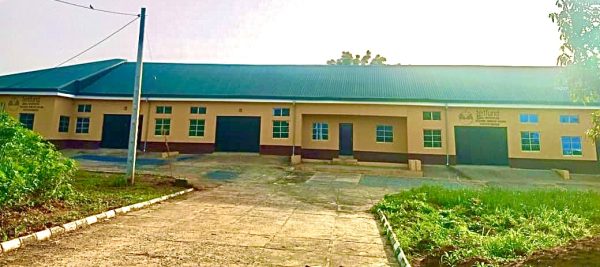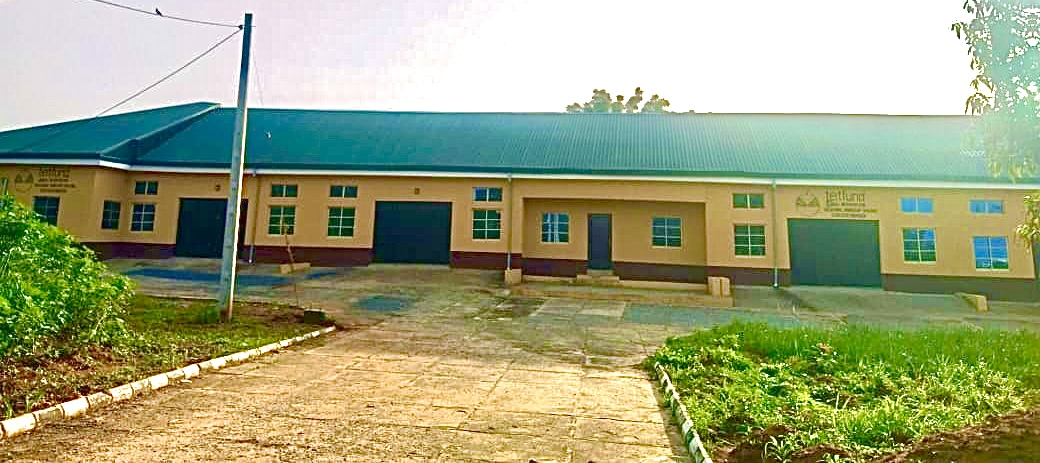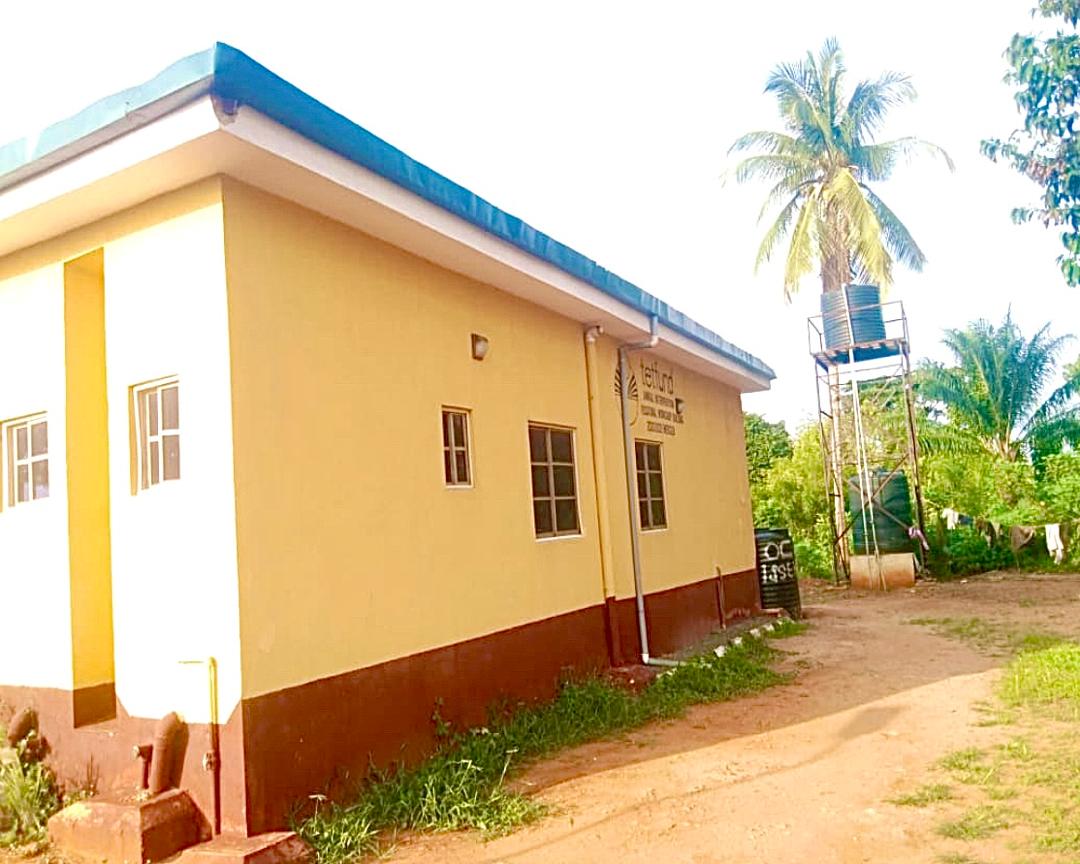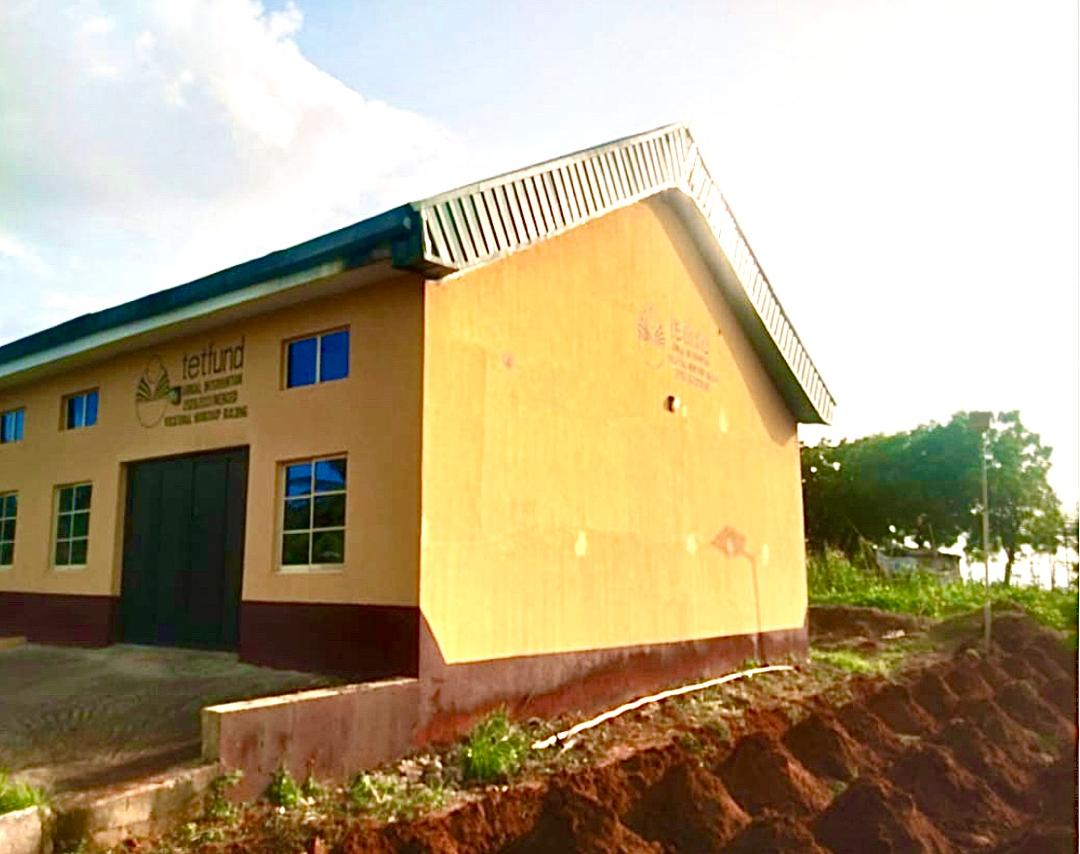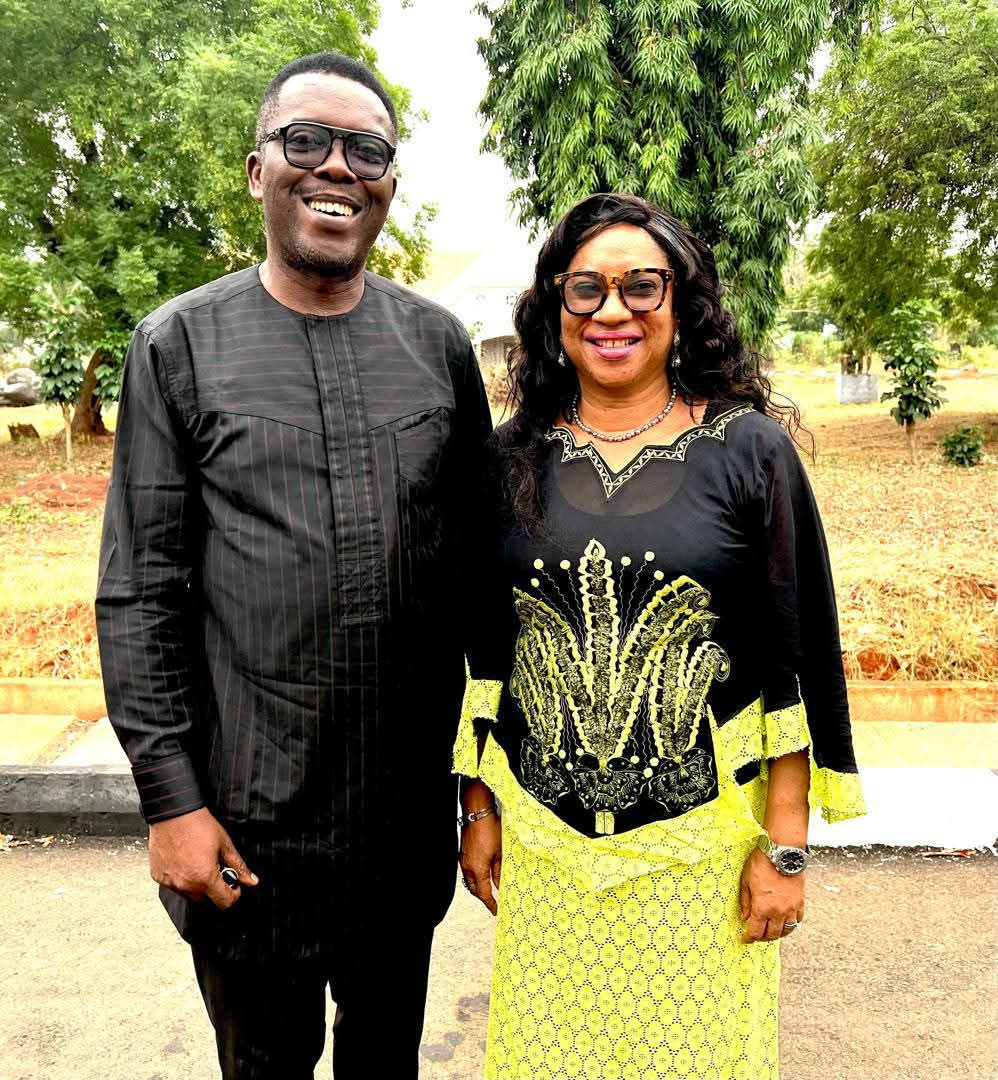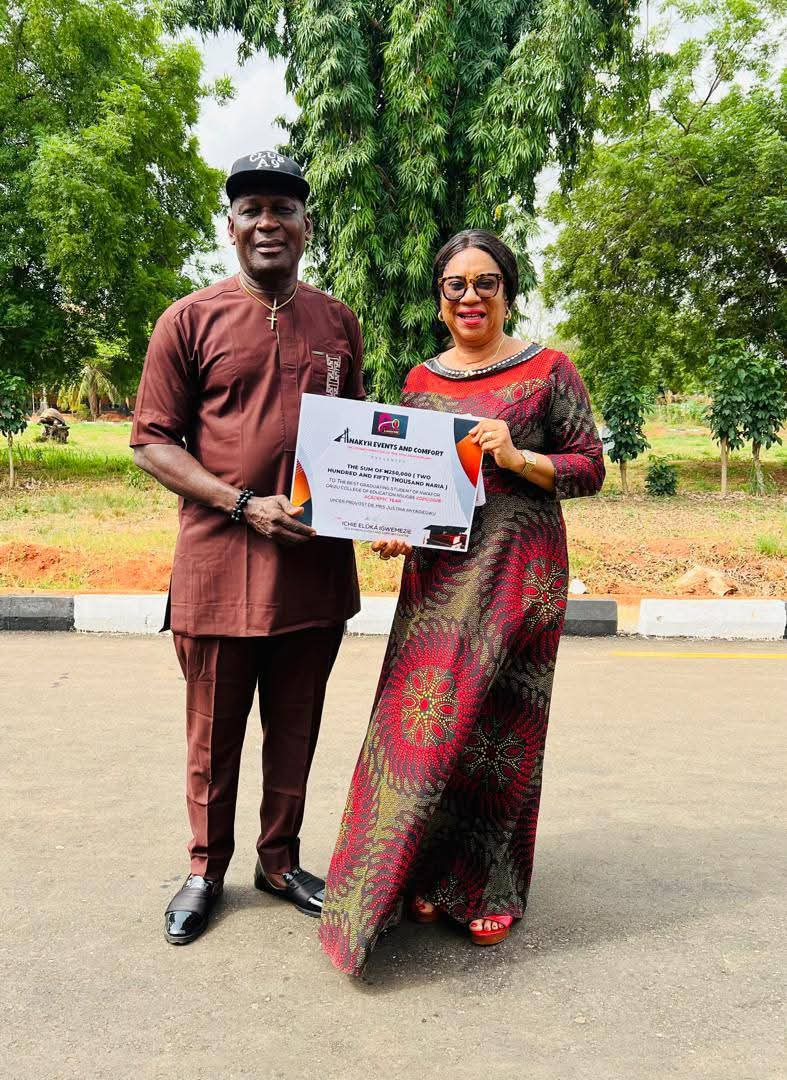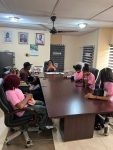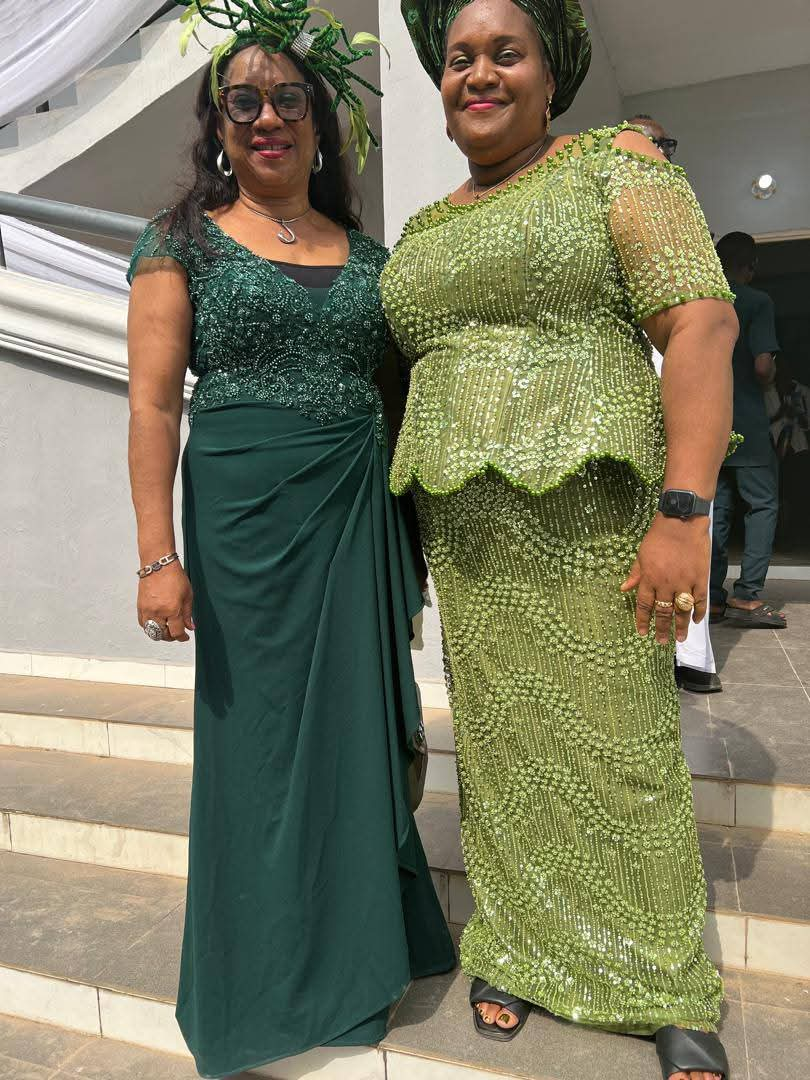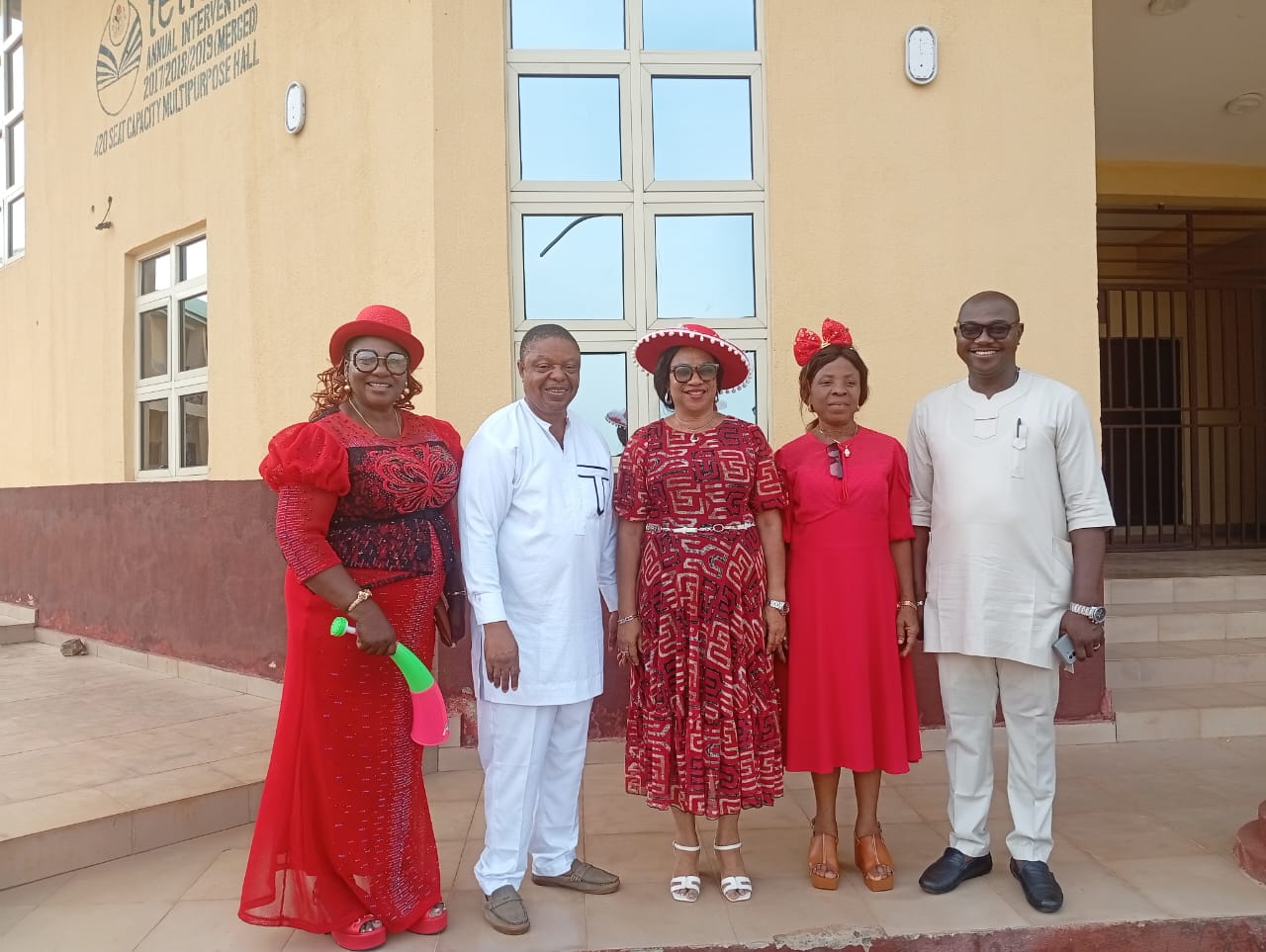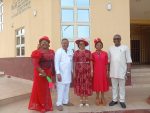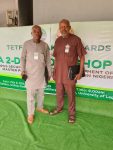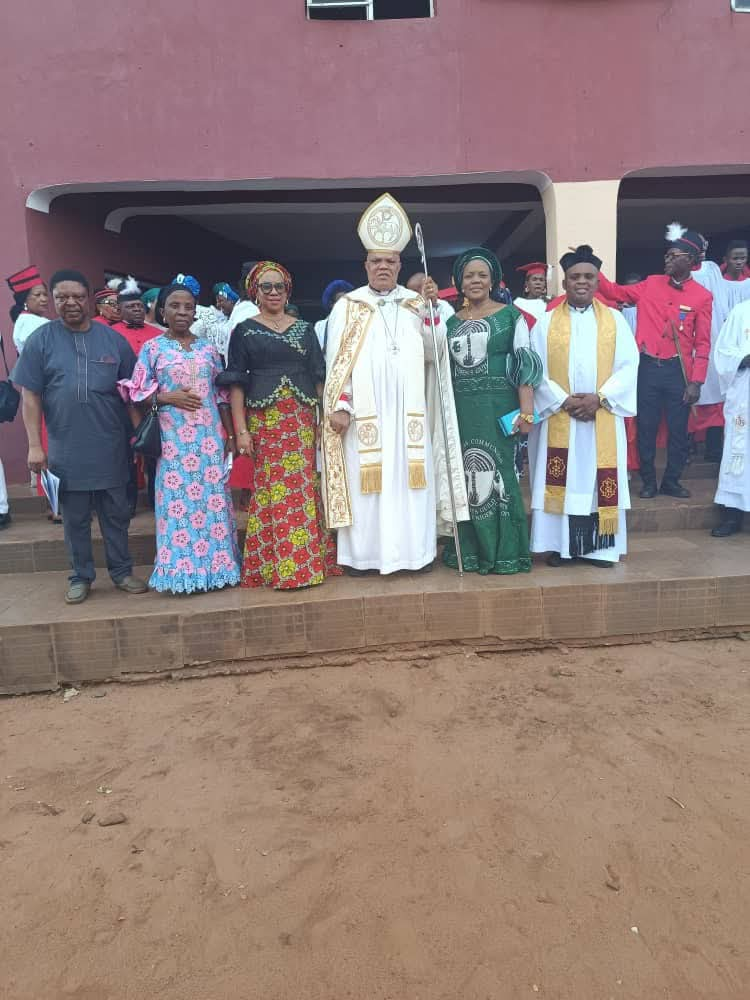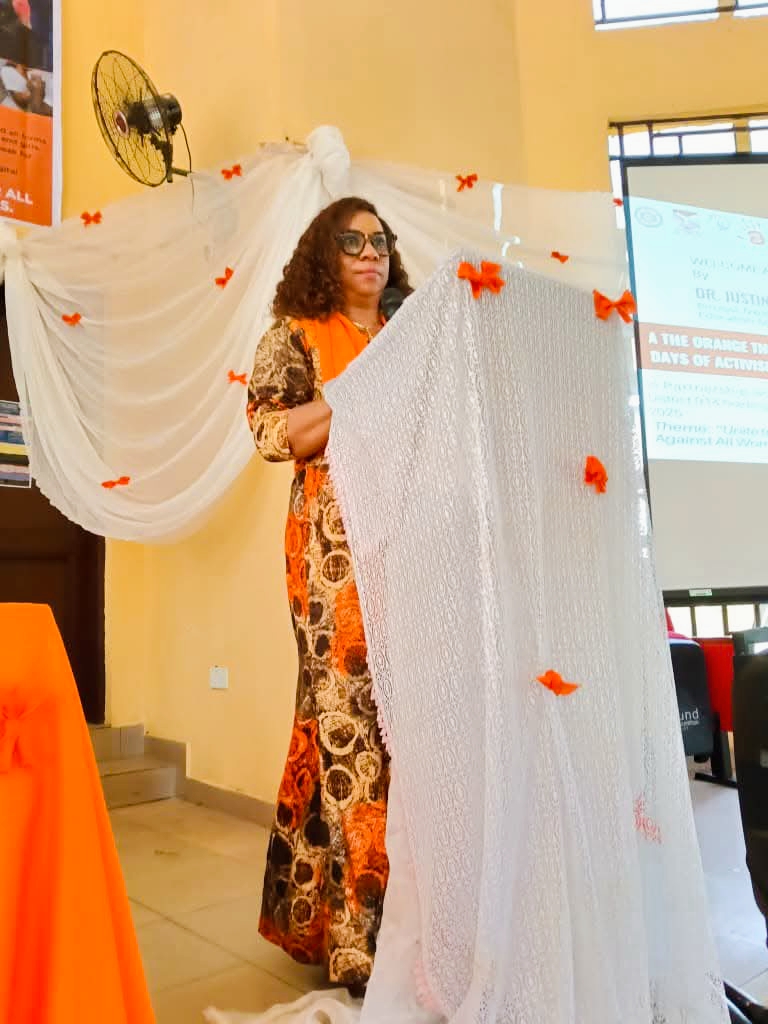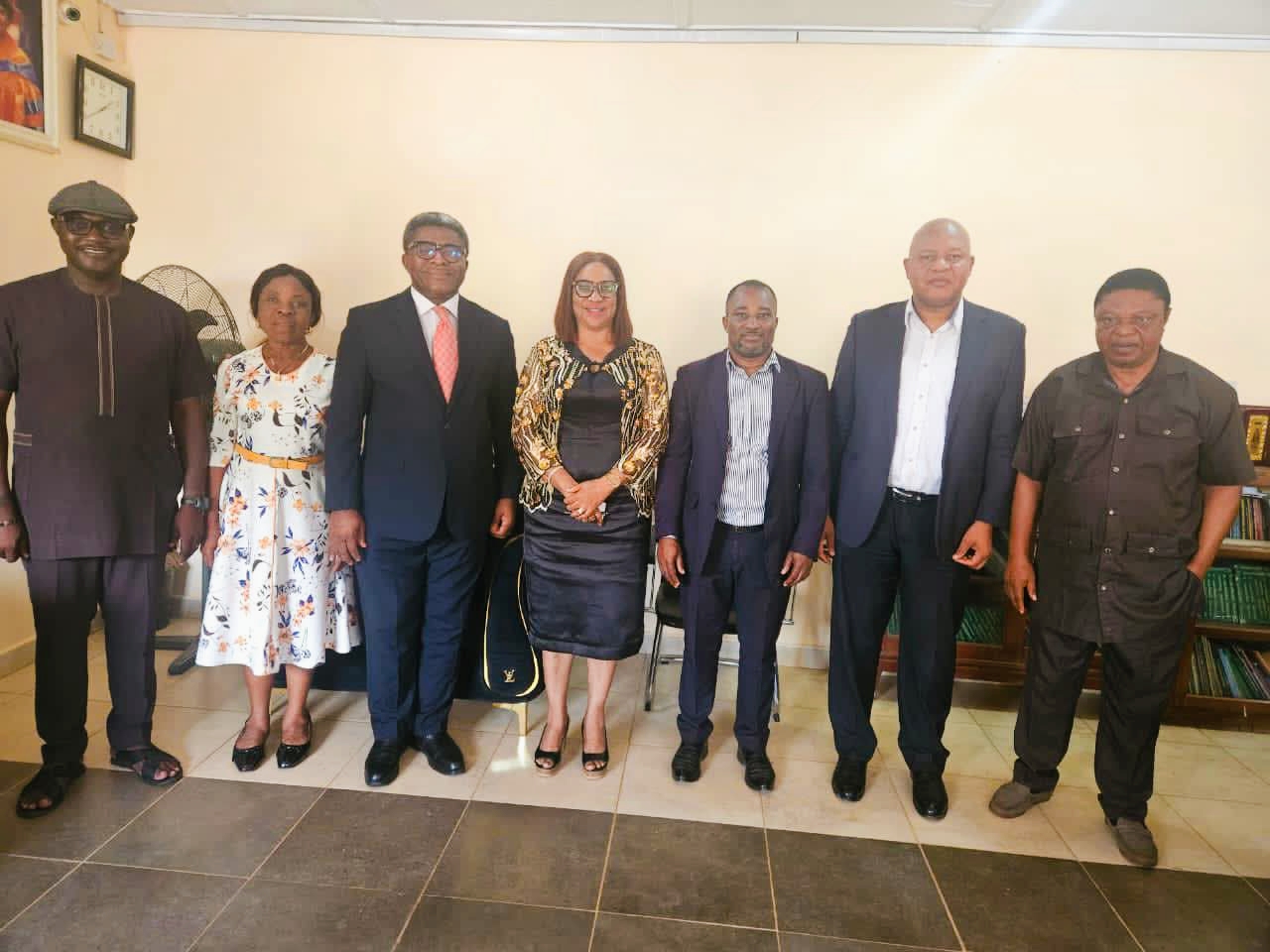Hi 👋 , welcome to;
The Vocational Workshop Building at Nwafor Orizu College of Education, Nsugbe, is a central facility dedicated to nurturing practical competence, technical expertise, and innovation in vocational and technical education. It is an integral part of the college’s broader mission to produce highly skilled, job-ready graduates who can thrive in Nigeria’s growing technical and entrepreneurial sectors.
PURPOSE AND FUNCTION
This specialized building serves as the practical training hub for the School of Vocational and Technical Education at NOCEN. It supports the hands-on components of various courses, particularly in:
• Technical Education
• Computer Science Education
• Home Economics
• Agricultural Education
• Business and Office Technology
The facility is tailored to help students develop core competencies in manual and digital skills, craftsmanship, equipment handling, and modern technology applications. It plays a crucial role in preparing students for the Student Industrial Work Experience Scheme (SIWES) and other national practical programs.
FACILITIES AND INFRASTRUCTURE
The Vocational Workshop Building is designed to support high-impact, practical education with the following features:
• Spacious workshop halls for group instruction, project execution, and technical demonstrations.
• Computer-equipped workstations for ICT-related training and simulations.
• Practical tools and equipment for electronics, basic engineering, woodworking, technical drawing, metalwork, and vocational home economics.
• Well-lit and ventilated interiors that create a safe and productive environment.
• Flexible room layouts that support small-group activities, hands-on demonstrations, and peer learning.
ACADEMIC AND PROFESSIONAL DEVELOPMENT ROLE
The building supports a wide range of vocational and technical courses that emphasize “learning by doing.” Students are exposed to real-world equipment, industry scenarios, and collaborative projects.
The facility also hosts:
• SIWES orientation and practical readiness workshops.
• Skill development clinics and in-house exhibitions.
• Guest lectures and training by industry professionals and government agencies.
• Prototype development, teamwork exercises, and personal skill advancement.
Students are encouraged not only to understand vocational theory but also to apply it in productive, industry-relevant ways.
COMMUNITY IMPACT AND INDUSTRY ALIGNMENT
Beyond academics, the Vocational Workshop Building serves as a bridge between the college and the world of work. It reflects NOCEN’s dedication to:
• National education and employment strategies, including initiatives like “One Youth, Two Skills”
• Promoting employability through technical and vocational training
• Encouraging entrepreneurship and small-scale industry through hands-on skill development
Collaborations with organizations like the Industrial Training Fund (ITF) help keep the training offered within the building current and aligned with labor market needs.
CONCLUSION
The Vocational Workshop Building at NOCEN is not just a place for completing coursework—it is a vital center for experiential learning. It plays a key role in producing technically skilled graduates who are ready to contribute meaningfully to Nigeria’s economy. The building represents NOCEN’s commitment to skill-based education, youth empowerment, and the practical application of knowledge in a rapidly evolving world.
1. Engage in Practical Projects
Students work on:
– Woodwork items, sewing designs, or basic electrical setups.
– Crafts and mechanical tasks guided by instructors to simulate real-world tasks.
– Individual or group assessment projects, which may count towards exams or teaching practice.
2. Operate Tools and Equipment
The workshop gives students access to:
– Hand and power tools, sewing machines, soldering irons, and carpentry equipment.
– Opportunities to learn tool safety, maintenance, and correct usage.
3. Build Prototypes and Teaching Aids
Students are taught to:
– Design and create functional prototypes like simple furniture, wiring boards, or clothing items.
– Develop instructional materials for technical subjects in junior secondary education.
4. Develop Entrepreneurial Skills
By participating in real tasks, students:
– Learn income-generating skills they can apply post-graduation.
– Gain exposure to business possibilities in vocational trades.
 Page Looksograph
Page Looksograph
Want a page like this? Click the black button below & let the Vicilook Team help you set it up in minutes.


